Professional Learning
Empowering leaders. Impacting educators.
What We Offer
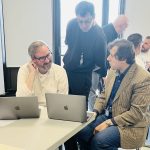
AI: Create Your Own GPT
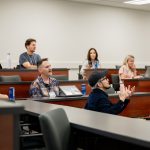
AI: Design for AI Literacy
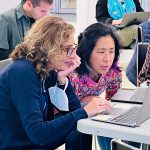
AI: Essentials for Educators
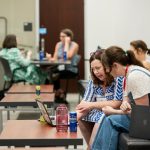
AI: Making Sense of Data
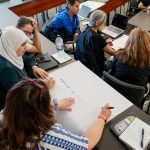
AI: Next Steps for Educators
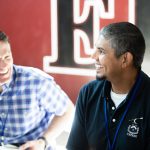
CBL: From Content-Driven to Skills-Driven Learning
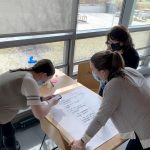
CBL: From Educator-Designed to Co-Designed
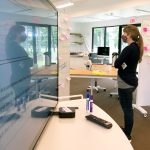
CBL: From Grading to Feedback
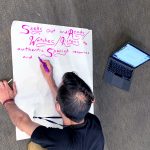
CBL: From Lessons to Learning Experiences
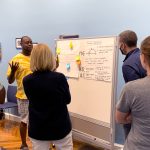
CBL: From Time-Based to Performance-Based
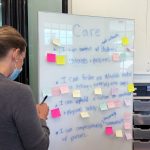
Redesign: Discussions
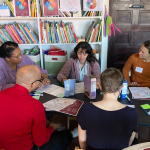
Redesign: Portfolios
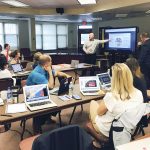
Redesign: Rubrics
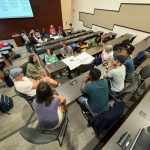
Reframe: Nonlinear Learning for Agency
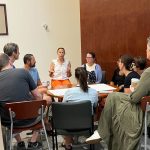
Reframe: Teacher Presence for Student Engagement














